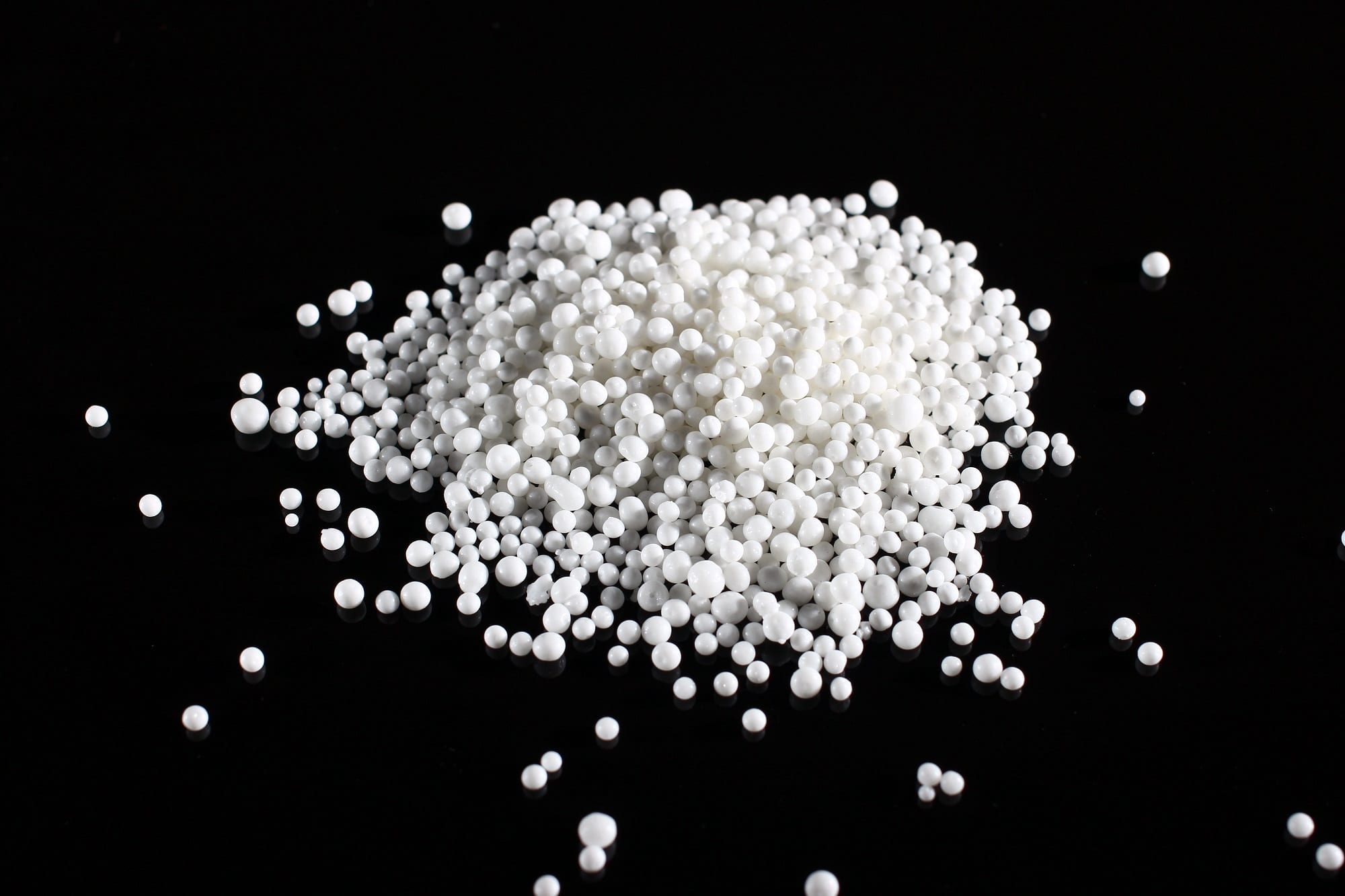Clean drinking water is a necessity to stay healthy. Though access to safe drinking water should be a right for everyone, we unfortunately don’t always know what is in our water source. Recently there have been occurrences across the country of contaminated water. There are a few different chemicals and compounds that are cause for concern when found in drinking water, and nitrates specifically is one that has been found in unhealthily high levels. Before switching to bottled water, which can be wasteful and expensive, learn about the effects for things like nitrates in your drinking water and research drinking water testing labs near me to see if your water is safe to drink.
Nitrates
Nitrates are a form of nitrogen compound that is made up of one part nitrogen and three parts oxygen. Nitrates are naturally occurring, needed for growing plants, and often found in soil. Normal levels of nitrates are not harmful when consumed by humans, but there is concern for human health if the level is too high. Nitrates are difficult to detect in water since it is colorless, odorless, and water-soluble. Nitrates can also easily pass through soil and into ground water.
Causes
High levels of nitrates in ground water are frequently caused by runoffs from farms that use fertilizer enriched soils, and therefore nitrate contamination is more common in rural areas. Crop residue, decaying plants, and waste from humans and animals, carried by rain or irrigation networks, are also common causes of high nitrate levels. Therefore poorly designed septic systems and wells can easily allow for high nitrate levels to reach ground water.

Effects
Consuming high levels of nitrates can cause nitrate poisoning, which symptoms include blue coloration of the skin, difficultly breathing, and fatigue. Nitrate poison is somewhat rare, but more likely in infants and those who have low levels of stomach acid. High levels of nitrates have also been thought to increase the risk of pancreatic cancer, Alzheimer’s, and diabetes.
Infants under the age of 6 months are also at risk of developing fatal blood disorder from consuming high levels of nitrates. This ailment is also called “blue-baby” disorder and occurs when the blood’s capacity to carry blood is reduced. The symptoms of this syndrome include vomiting, diarrhea, and fatigue. In serious cases, infants will have difficulty breathing.
Prevention
The best way to prevent ingesting high levels of nitrates is by getting your drinking water tested. This is especially important if you are in a household with small children or someone who is pregnant. Well water is the most susceptible to nitrate contamination, and therefore if you get your water from a well, monitoring the levels of nitrates and other compounds is very important. If high levels of nitrates are found in your water, osmosis or distillation systems may solve the problem. In the worst case, buying filtered drinking water from your regular grocery store is an option.
Unfortunately, you will not be able to easily tell if your water is contaminated with high levels of nitrates, or even another harmful compound. Take steps today to make sure your water is safe to drink by contacting the best drinking water testing lab in your area. Talk to the team at Environmental Testing and Research Laboratories to learn more.

